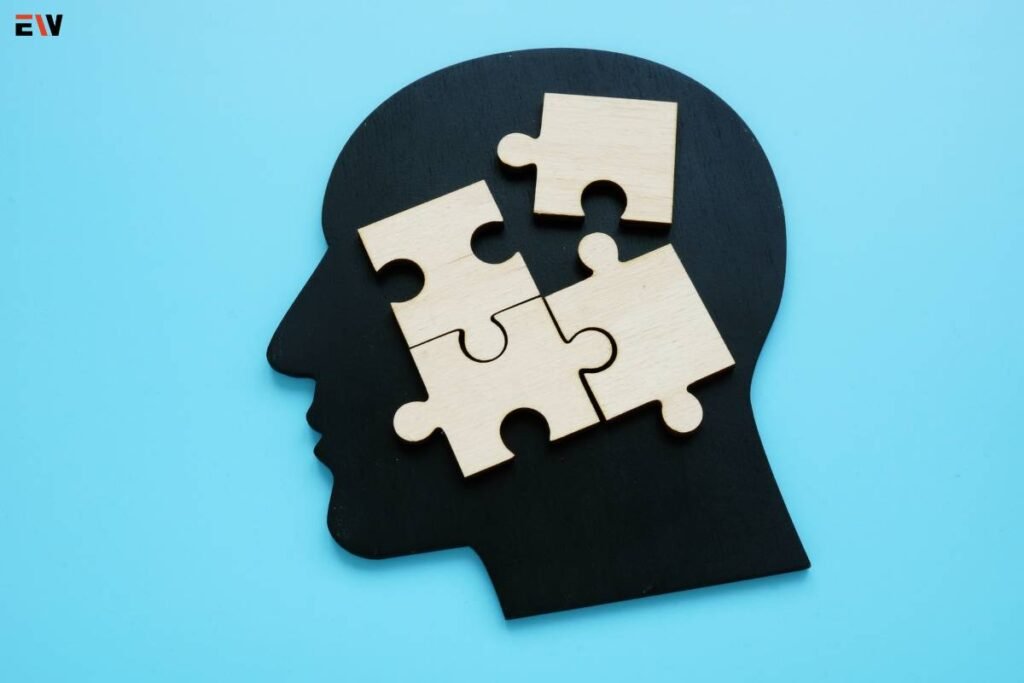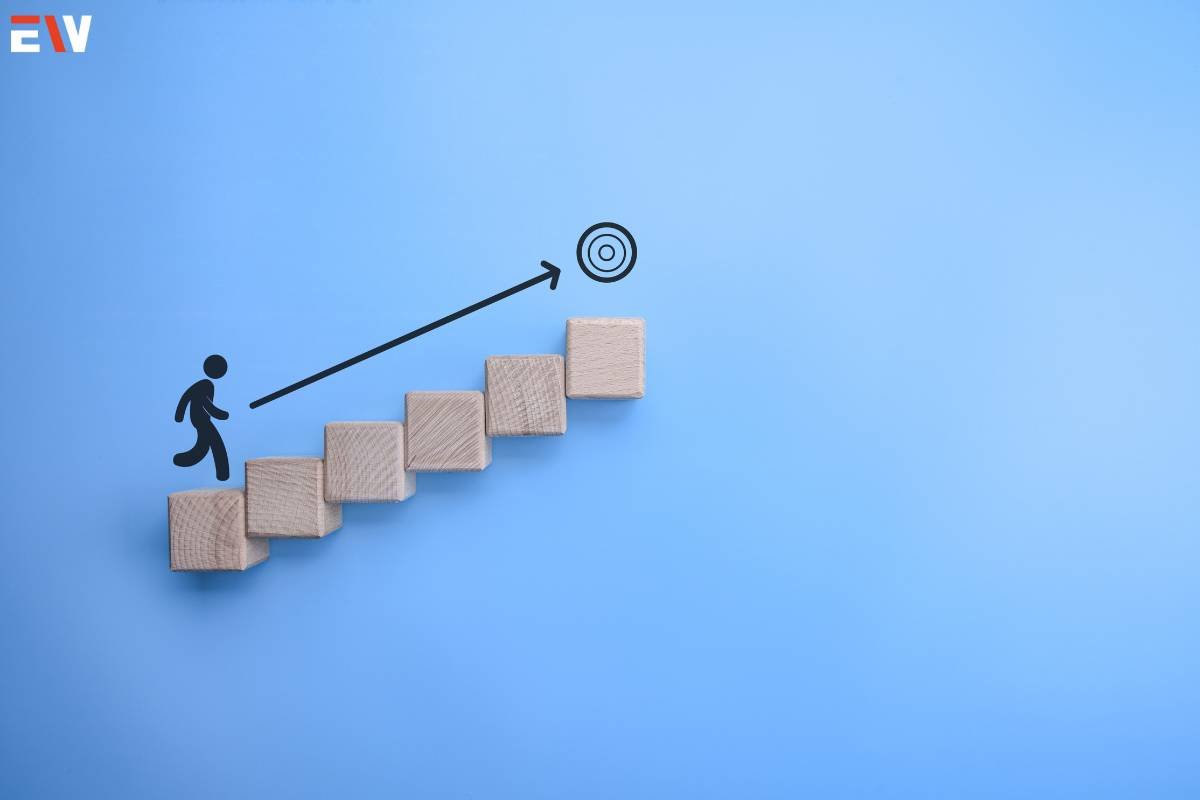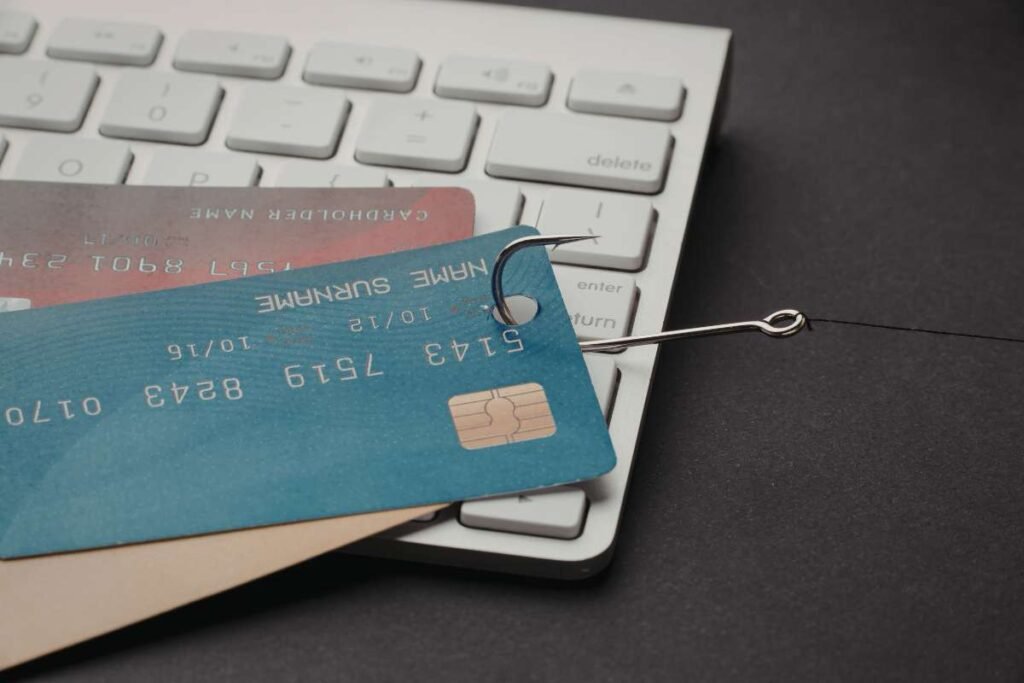Personal development is a lifelong process of enhancing one’s abilities, knowledge, and qualities. It involves setting goals, identifying areas for improvement, and working towards becoming the best version of oneself. Personal development is crucial for success in every aspect of life, including personal relationships, career, and health.
In this guide, we will explore the concept of personal development for smart people. We will examine the key principles of personal development, the benefits of personal development, and how to get started with personal development.
Here are 4 Key Principles of Personal Development:
1. Self-Awareness
Self-awareness is the foundation of personal development. It involves understanding your strengths and weaknesses, your beliefs and values, and your motivations and goals. Self-awareness helps you identify areas for improvement and set realistic goals for yourself.
To develop self-awareness, start by reflecting on your thoughts, feelings, and behaviors. Keep a journal to track your progress and identify patterns in your behavior. Seek feedback from others, and be open to constructive criticism.
2. Continuous Learning
Continuous learning is essential for personal development. It involves seeking out new experiences and knowledge, challenging yourself to grow and improve, and being open to new ideas and perspectives.

To develop a habit of continuous learning, start by setting aside time for reading, attending workshops, or taking classes. Seek out mentors and role models who can guide you and offer valuable insights.
3. Goal-Setting
Goal-setting is an important aspect of personal development. It involves setting specific, measurable, and achievable goals for yourself, and working towards achieving them.
To set effective goals, start by identifying your long-term aspirations and breaking them down into smaller, more manageable goals. Write down your goals and keep them visible, so you can stay motivated and focused on achieving them.
4. Time Management
Effective time management is crucial for personal development. It involves prioritizing your tasks, setting realistic deadlines, and avoiding procrastination.
To improve your time management skills, start by creating a daily schedule or to-do list. Prioritize your tasks based on their importance and urgency, and allocate specific blocks of time for each task. Avoid multitasking and distractions, and learn to say no to unnecessary commitments.
Benefits of Personal Development
Personal development offers numerous benefits, including:
1. Increased Self-Awareness
Personal development helps you gain a better understanding of yourself, your strengths and weaknesses, and your motivations and goals. This increased self-awareness can lead to greater self-confidence, improved decision-making, and better relationships.
2. Improved Skills and Knowledge
Personal development allows you to acquire new skills and knowledge, which can help you advance in your career, pursue new opportunities, and become a more well-rounded individual.
3. Increased Motivation and Productivity
Personal development can boost your motivation and productivity by helping you set clear goals, develop effective time management skills, and stay focused on your priorities.
4. Improved Health and Well-Being
Personal development can also improve your health and well-being by reducing stress, increasing resilience, and promoting healthy habits.
Getting Started With Personal Development
If you’re interested in personal development, here are some steps you can take to get started:
1. Set Goals
Start by setting specific, measurable, and achievable goals for yourself. Identify what you want to achieve in different areas of your life, such as career, relationships, health, and personal growth.
2. Create a Plan
Once you’ve set your goals, create a plan for achieving them. Break down your goals into smaller, more manageable steps, and set realistic deadlines for each step.
3. Seek Feedback

Seek feedback from others to gain a better understanding of your strengths and weaknesses. Ask for constructive criticism and be open to suggestions for improvement.
4. Develop positive habits and routines
Creating positive habits and routines is a key aspect of personal development. Habits are automatic behaviors that we engage in regularly and can have a significant impact on our lives. Developing positive habits can help us achieve our goals and improve our overall well-being.
One effective way to develop positive habits is to start small and focus on one habit at a time. For example, you may start by drinking a glass of water every morning when you wake up or taking a 10-minute walk after lunch. As you become comfortable with the habit, you can gradually increase the difficulty or add more habits to your routine.
It is also important to track your progress and celebrate your successes along the way. This can help keep you motivated and reinforce the positive habits you are developing.
5. Cultivate a growth mindset
Another key aspect of personal development is cultivating a growth mindset. This involves believing that your abilities and intelligence can be developed through hard work, effort, and dedication. With a growth mindset, you are more likely to embrace challenges and see failures as opportunities to learn and grow.
To cultivate a growth mindset, it can be helpful to:
- Embrace challenges: Instead of avoiding difficult tasks, embrace them as opportunities to learn and grow.
- See failure as feedback: Instead of seeing failure as a reflection of your abilities, see it as feedback that can help you improve.
- Focus on effort and process: Instead of focusing solely on the outcome, focus on the effort and process that went into achieving the outcome.
- Learn from criticism: Instead of taking criticism personally, use it as an opportunity to learn and grow.
- Believe in your ability to learn and grow: Instead of believing that your abilities are fixed, believe that you can learn and grow with effort and dedication.
6. Practice self-care
Self-care is an important aspect of personal development. It involves taking care of your physical, emotional, and mental health. When we practice self-care, we are better able to cope with stress, improve our mood, and maintain a healthy work-life balance.
Some self-care practices include:
- Getting enough sleep: Aim for 7-9 hours of sleep per night to ensure you are well-rested and able to function at your best.
- Eating a healthy diet: Eat a balanced diet that includes a variety of fruits, vegetables, whole grains, and lean proteins.
- Exercising regularly: Aim for at least 30 minutes of exercise per day to improve your physical and mental health.
- Practicing mindfulness: Mindfulness involves being present and non-judgmental in the present moment. This can help reduce stress and improve well-being.
- Engaging in hobbies and activities you enjoy: Engaging in activities you enjoy can help reduce stress and improve overall well-being.
7. Seek out learning opportunities
Personal development involves a commitment to lifelong learning. This means seeking out opportunities to learn new skills, gain knowledge, and expand your horizons. Learning opportunities can include taking courses, attending workshops or conferences, or reading books or articles.
By seeking out learning opportunities, you can broaden your perspective, stay up-to-date with new developments in your field, and gain new skills that can help you achieve your goals.
8. Surround yourself with positive influences
The people we surround ourselves with can have a significant impact on our lives. Surrounding ourselves with positive influences can help us stay motivated, inspired, and focused on our goals.
Surround yourself with positive influences, can be helpful to:
- Seek out mentors or role models: Look for people who have achieved what you want to achieve and learn from them.
- Join groups or communities: Join groups or communities that share your interests or goals.
- Surround yourself with supportive people: Surround yourself with people who support your goals and encourage you to succeed.
9. Develop a growth mindset
A growth mindset is a powerful tool for personal development. People with a growth mindset believe that their intelligence, skills, and abilities can be developed through hard work and dedication. They are not afraid of challenges, failures, or setbacks because they see them as opportunities to learn and grow.

On the other hand, people with a fixed mindset believe that their abilities and intelligence are fixed traits that cannot be changed. They tend to avoid challenges, give up easily, and view failures as evidence of their incompetence.
To develop a growth mindset, you need to embrace challenges, persist in the face of setbacks, and view failures as opportunities to learn and grow. You can also develop a growth mindset by seeking out feedback, learning from criticism, and adopting a curious and open-minded attitude.
10. Take action
Personal development is not just about reading books, attending seminars, or listening to podcasts. It’s about taking action and applying what you have learned in your daily life. Taking action can help you build momentum, overcome fear and procrastination, and make progress toward your goals.
Start by setting small goals and taking daily actions towards them. Celebrate your successes, no matter how small they are, and learn from your failures. As you gain confidence and momentum, you can set bigger goals and tackle more complex challenges.
BOTTOM LINE
Personal development is a lifelong journey that requires patience, persistence, and dedication. By adopting a growth mindset, setting goals, developing positive habits, and taking action, you can transform your life and achieve your full potential.
Remember, personal development is not a one-time event or a quick fix. It’s an ongoing process that requires continuous effort and commitment. But the rewards are worth it – a more fulfilling life, greater happiness, and a stronger sense of purpose and fulfillment.










